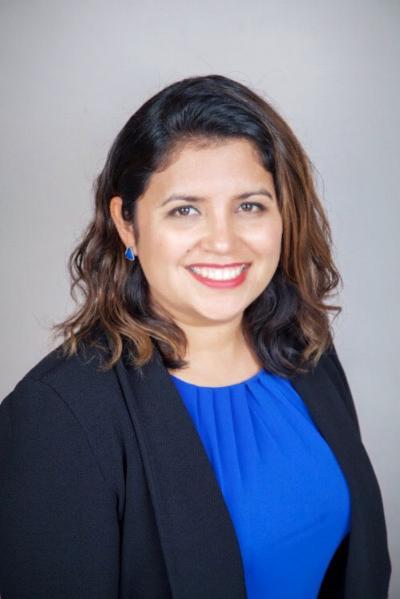
Lesley Meza is a Community College Faculty/Counselor at El Camino College, where she advocates for a holistic approach when guiding and supporting students during their college experience. In her role, she assists individuals from diverse backgrounds to engage in learning and reach their full potential. In addition, she counsels students to help them understand and overcome personal and educational concerns affecting their academic and career goals, such as course selection, major exploration, study habits, mental wellness, and career planning. Lesley connects with students by encouraging them to reflect on and embrace their strengths, interests, values, and uniqueness.
Lesley chose to enroll in LMU’s Ed.D. Program because she wanted the unique opportunity to be part of an educational community that values the cultural wealth diverse individuals contribute to academia and our society. In addition, she saw great value in continuing her education in a highly recognized and rigorous Ed.D. Program that aligns with her values on education and social justice.
Lesley’s dissertation, “Disrupting the Status Quo: Narratives of Women of Color Leaders at California Community Colleges,” chaired by Rebecca Stephenson, Ph.D., examined the experiences of women of color who hold mid-level administrator positions at California community colleges to amplify these women’s voices and call attention to their unique experiences, challenges, and knowledge. Utilizing a Critical Race Feminist (CRF) framework, her study analyzed the intersection of race, gender, and power to shed light on the barriers and systemic issues these WOC leaders have encountered throughout their careers. Her research aims to promote greater diversity and representation in leadership within California community colleges.
As a Latina educator, admission to LMU’s Ed.D. Program has been a personal and professional accomplishment for Lesley because she is contributing to increasing the percentage of Latinas with a doctorate. She has exceeded her own educational goals by pursuing the most advanced degree in our society. Being in this program has allowed her to engage in self-reflection, candid discussions, and critical research to continue to evolve as an educational leader. She is dedicated to continuing the work of increasing the opportunities and representation of minoritized students in higher education, which she aspires to do through policy advocacy work.